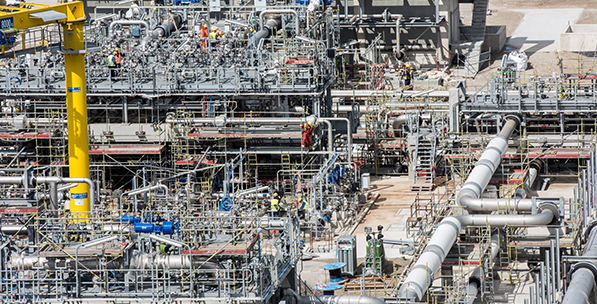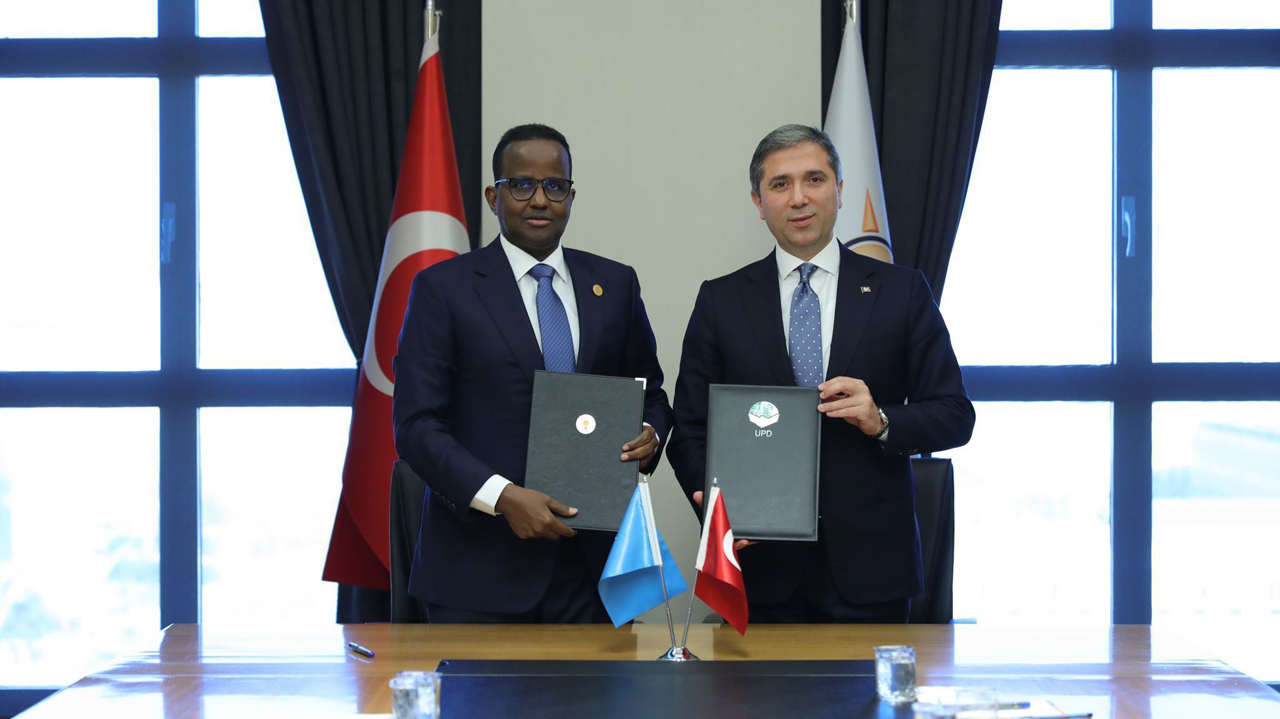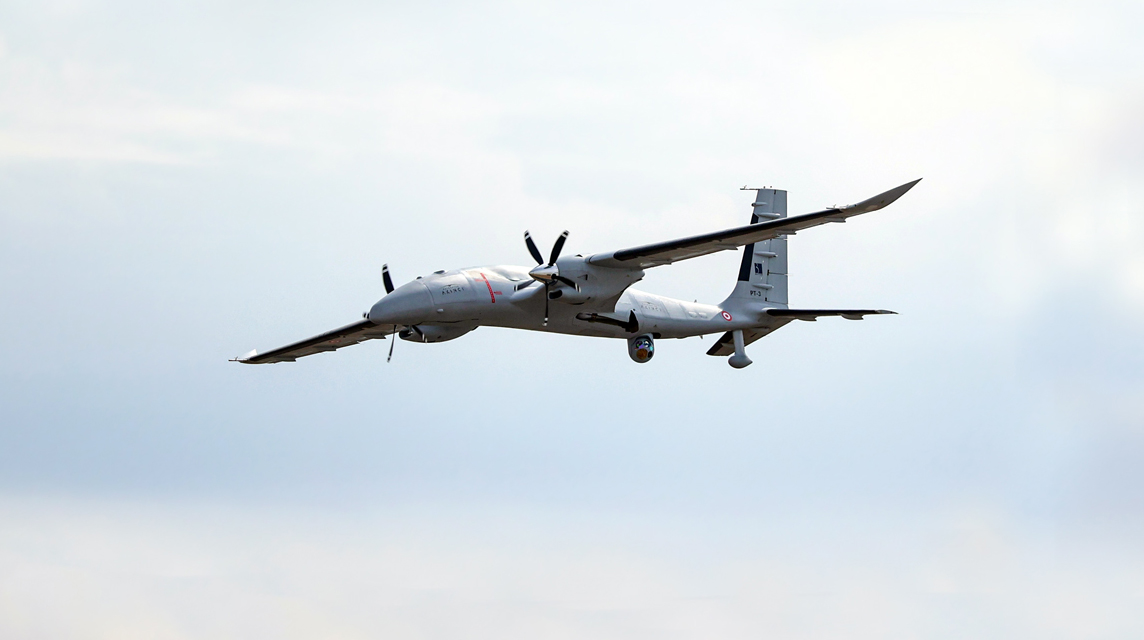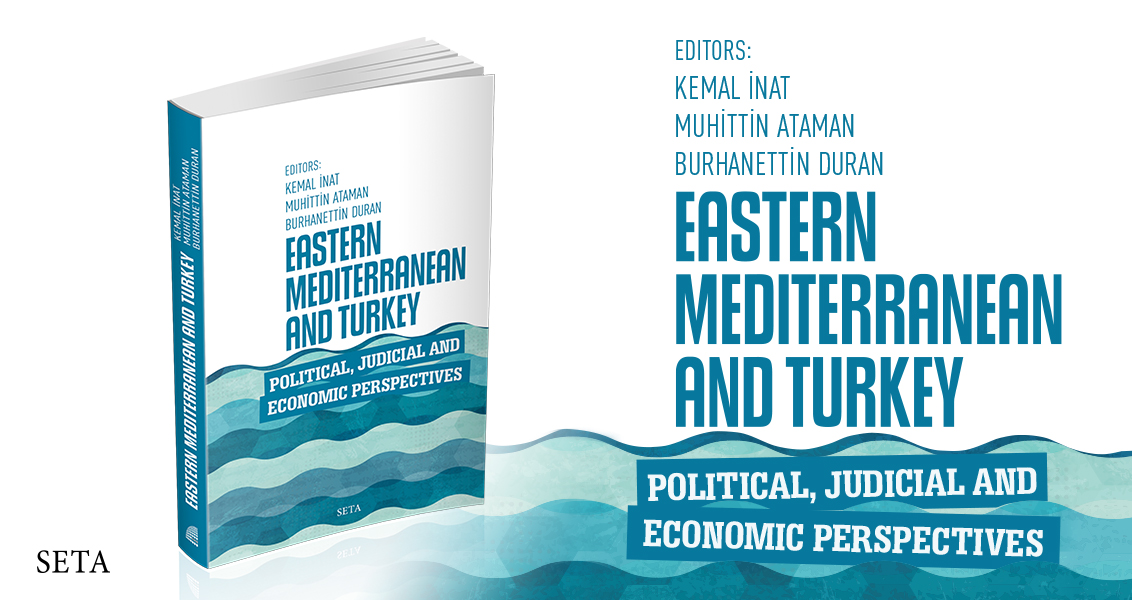The crisis between Moscow and Ankara following Turkey's downing of a Russian fighter jet has rapidly escalated and radically transformed the main dynamics of Turkish-Russian relations on multiple levels. The rude and totally undiplomatic political rhetoric coming from Russian President Vladimir Putin, the baseless accusations and smear campaign against Turkey and the comprehensive economic sanctions declared by Kremlin, ranging from import restrictions to cancellation of visa-free travel, confirmed the ever-deepening and long-term nature of the crisis. Putin's unrelenting style of frequently utilizing conflicts in foreign policy issues to further Russian nationalism and galvanize his domestic image as a strong leader is well known. Yet so far, these unconventional tactics were not used against Turkey despite grave disagreements on the future of Syria. Putin's latest antics against the government and President Recep Tayyip Erdoğan, despite numerous attempts to reduce tensions, indicate a fundamental diversion in bilateral relations.
As far as Turkey is concerned, the foreign policy orientation that saw Russia as a counterweight to Ankara's long-term alignment with the United States, European Union and NATO for a balanced international standing also seems to have run its course. The crisis with Russia and Putin's unpredictable responses have created deep disappointment and strategic awakening among Turkey's political elite, which are likely to trigger steps aimed at reducing any form of economic and geostrategic dependence on Russia.
The most critical area of dependence in this context concerns the geopolitics of energy, natural gas in particular. For a dynamic, emerging economy like Turkey's, diversifying energy sources and minimizing energy costs constitute vital elements of maintaining economic growth and social welfare. In this context, Turkey's energy mix displays a more balanced outlook as far as petroleum imports are concerned where 5.4 million tons come from Iraq, 5.1 million tons from Iran and 4.06 million tons from Russia, three main suppliers with roughly equal distribution among them. Yet when it comes to natural gas, Turkey's energy mix is extremely dependent on the supply chain from Russia, as around 55 percent of total annual gas imports, or 27 billion cubic meters, is imported from there. There are multiple reasons underlying this deep dependency, including cost advantages, long-term import contracts that were signed without due consideration in the 1990s, "buy or pay" clauses embedded in these contracts, the political will to galvanize a strategic partnership with Moscow through energy collaboration in recent years and the long delay in the construction of liquefied natural gas (LNG) storage and transition facilities. Yet whatever the historical structures and path dependency conditions constituting the basis of this unbalanced energy supply architecture are, it is crystal clear that diversification of supply sources has become a strategic priority for Ankara in the post-crisis period.
The rich natural gas reserves in Northern Iraq and the Eastern Mediterranean that are in the initial stages of exploration might constitute crucial alternative sources and contribute to diversification in the medium term. But this will require the construction of an extensive supply infrastructure, i.e., new pipelines and terminals, as well as the solution of legal disagreements about sovereignty and ownership issues. Therefore, in the short run it seems plausible to increase the relative share from close ally Azerbaijan to the natural gas mix. The agreement that was signed on the recent visit by Prime Minister Ahmet Davutoğlu to Baku to speed up the Trans-Anatolia Pipeline (TANAP) Project and initiate gas transfer in 2018 was reflective of this will, yet the development of the Shahdeniz field and construction of the South Caucasia Gas Corridor should also be completed earlier so that the TANAP can become operational. When it comes to Iranian natural gas, geostrategic competition in Syria and disagreements on price levels taken to international arbitration make supply increases less likely.
The next potential source of natural gas supply diversification could come via increasing the current levels of LNG transfer. The agreement signed with Qatar during the recent visit by President Recep Tayyip Erdoğan indicated Turkey's willingness to increase the respective portion of LNG in the natural gas mix. Qatar, as the largest exporter of LNG in the world and Turkey's strategic partner in Middle Eastern politics stands out as the most likely candidate to increase its share in the Turkish market. But here, the critical issue of Turkey's LNG storage and transformation capacity comes into play.
According to the International Energy Agency, Turkey's LNG storage capacity hovers around 3 billion cubic meters and the regasification capacity around 14 billion cubic meters. There are two main transition terminals, the Marmara Ereğli Terminal near Tekirdağ operated by publicly owned BOTAŞ and the private terminal owned by SOCAR in İzmir-Aliağa. The storage capacity corresponds to only 5 percent of national demand in Turkey and is well below the average levels of 20 percent seen in Europe. Therefore, both LNG storage and transition infrastructure requires major investments that would require years to complete and billions of dollars to finance. Finally, Turkey's renewable energy sources also acquire renewed strategic importance for diversification. New investments into solar, wind, geothermal and bio-energy sources are likely to dominate a larger sphere in public debates in the coming months and years, which is a welcome development for sustainable development purposes.
[Daily Sabah, December 11, 2015]








